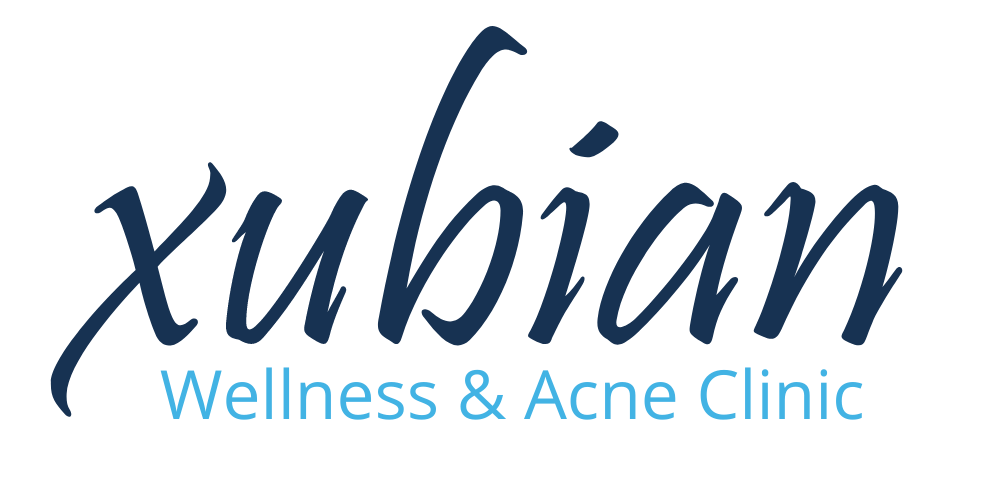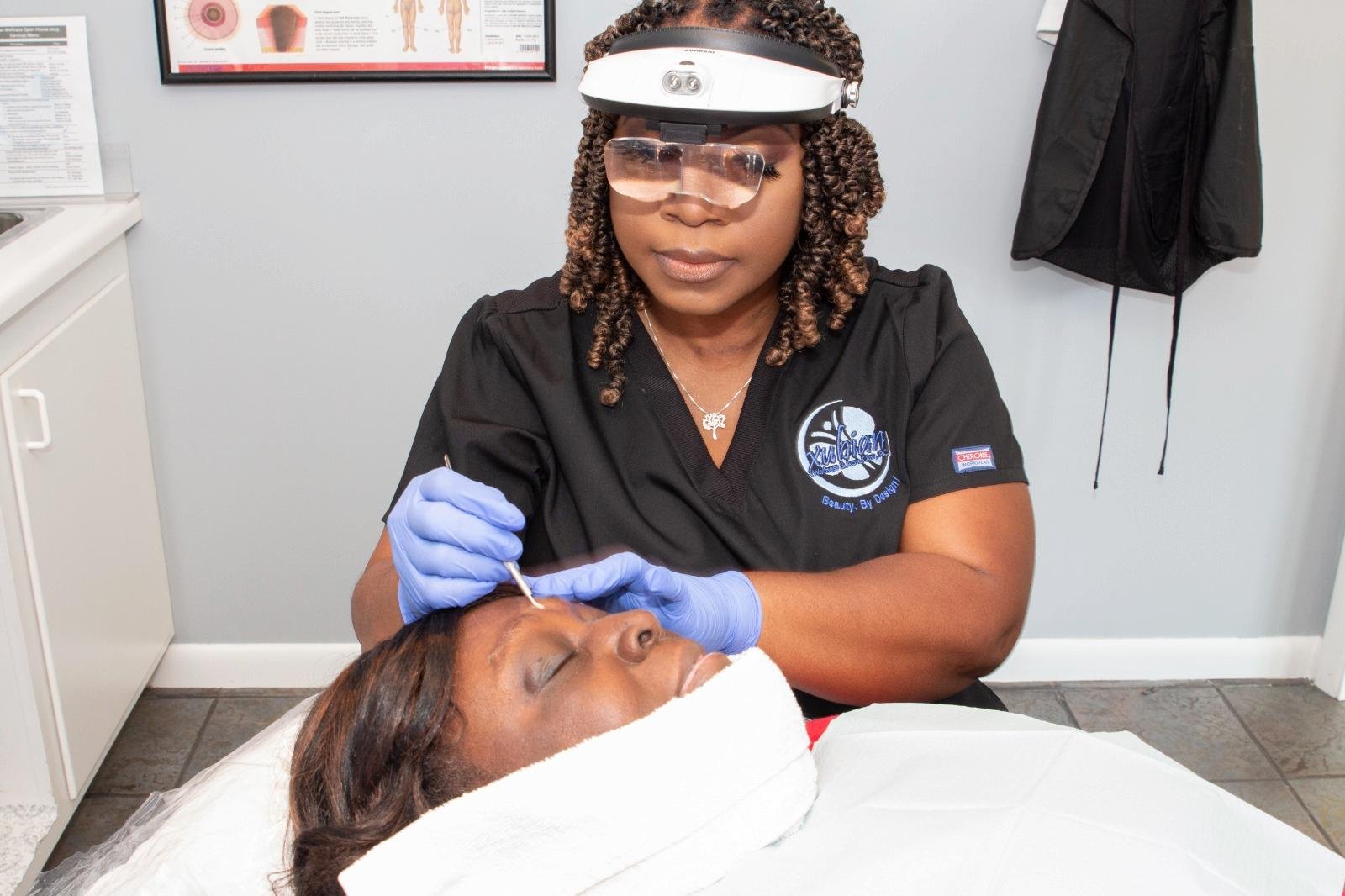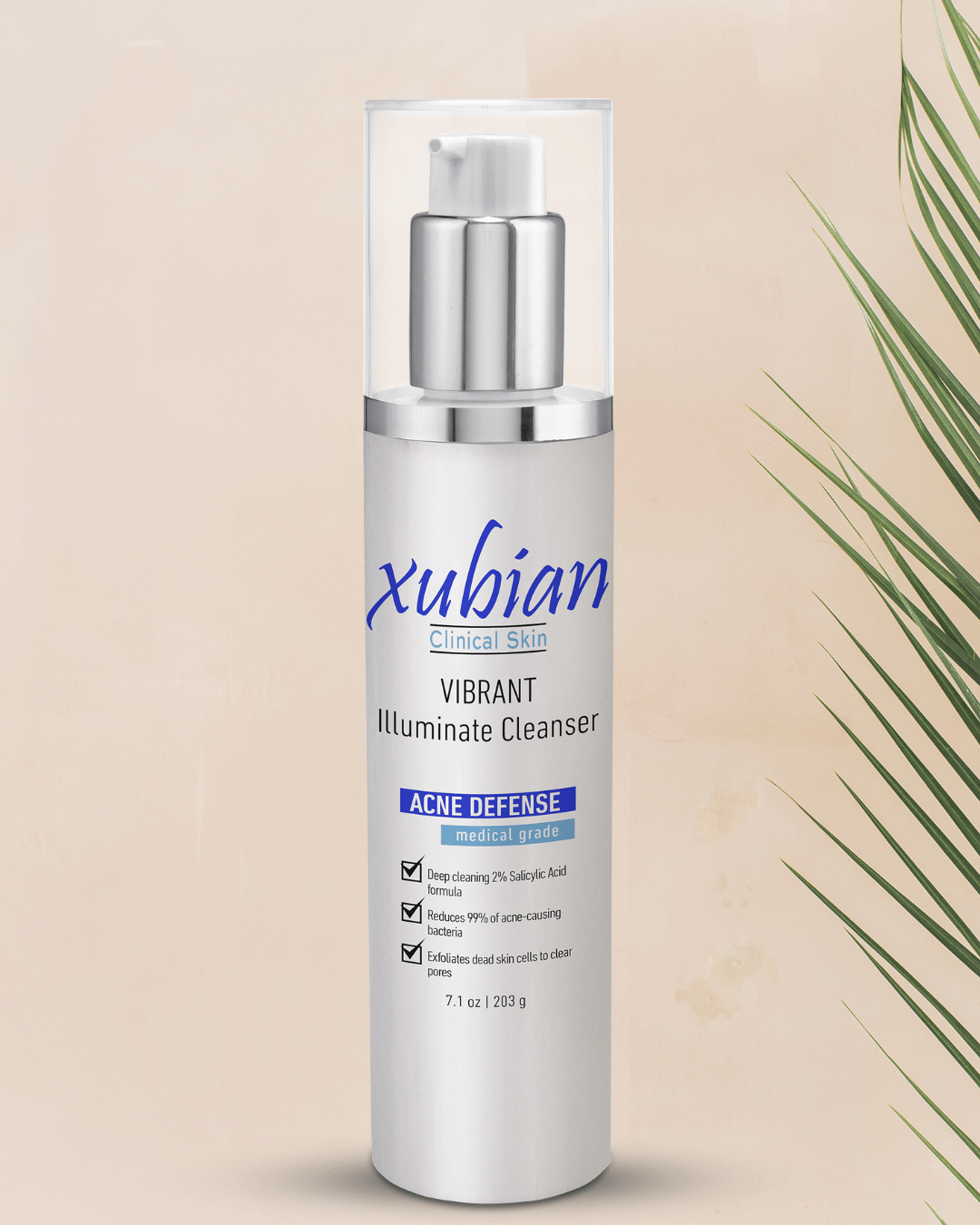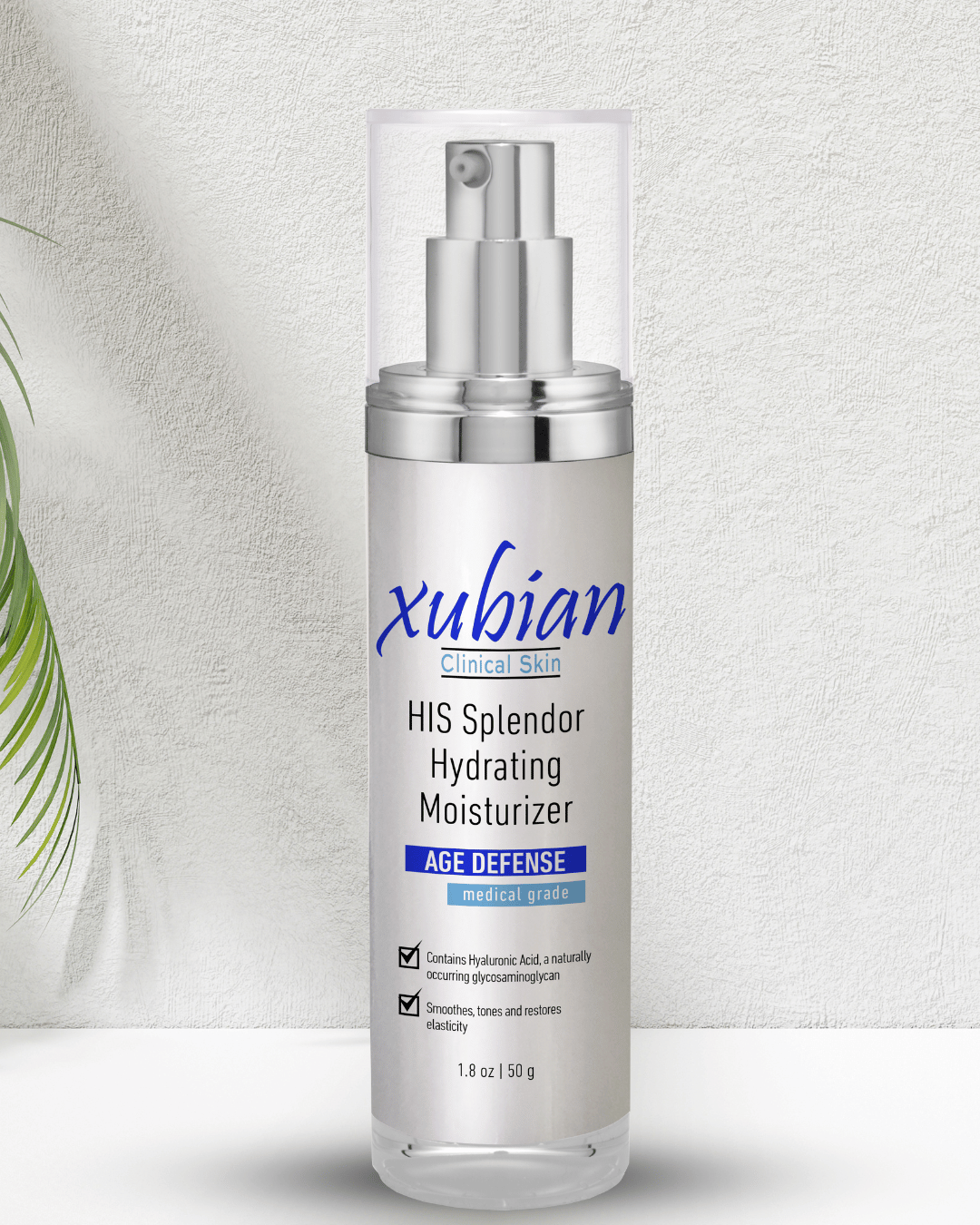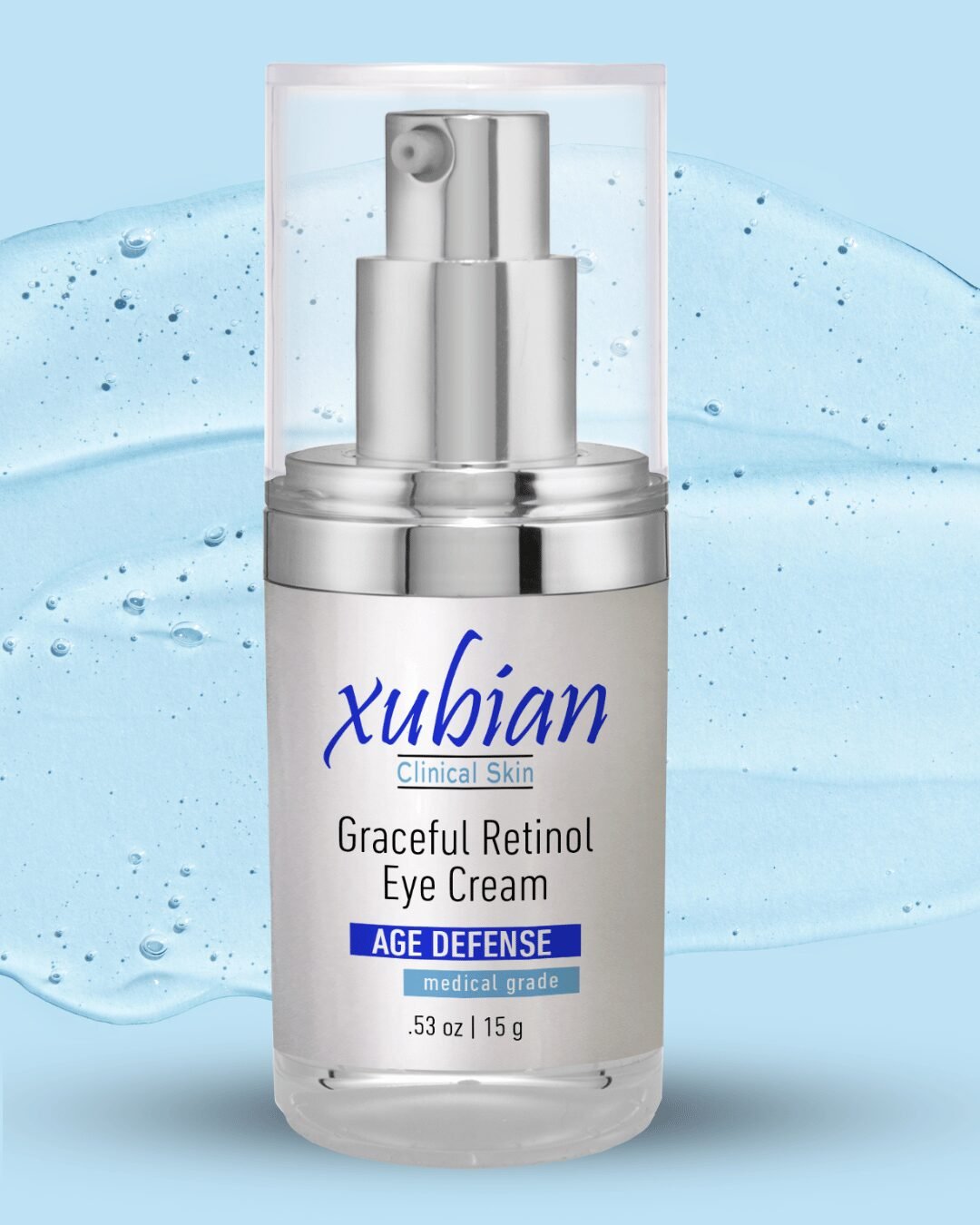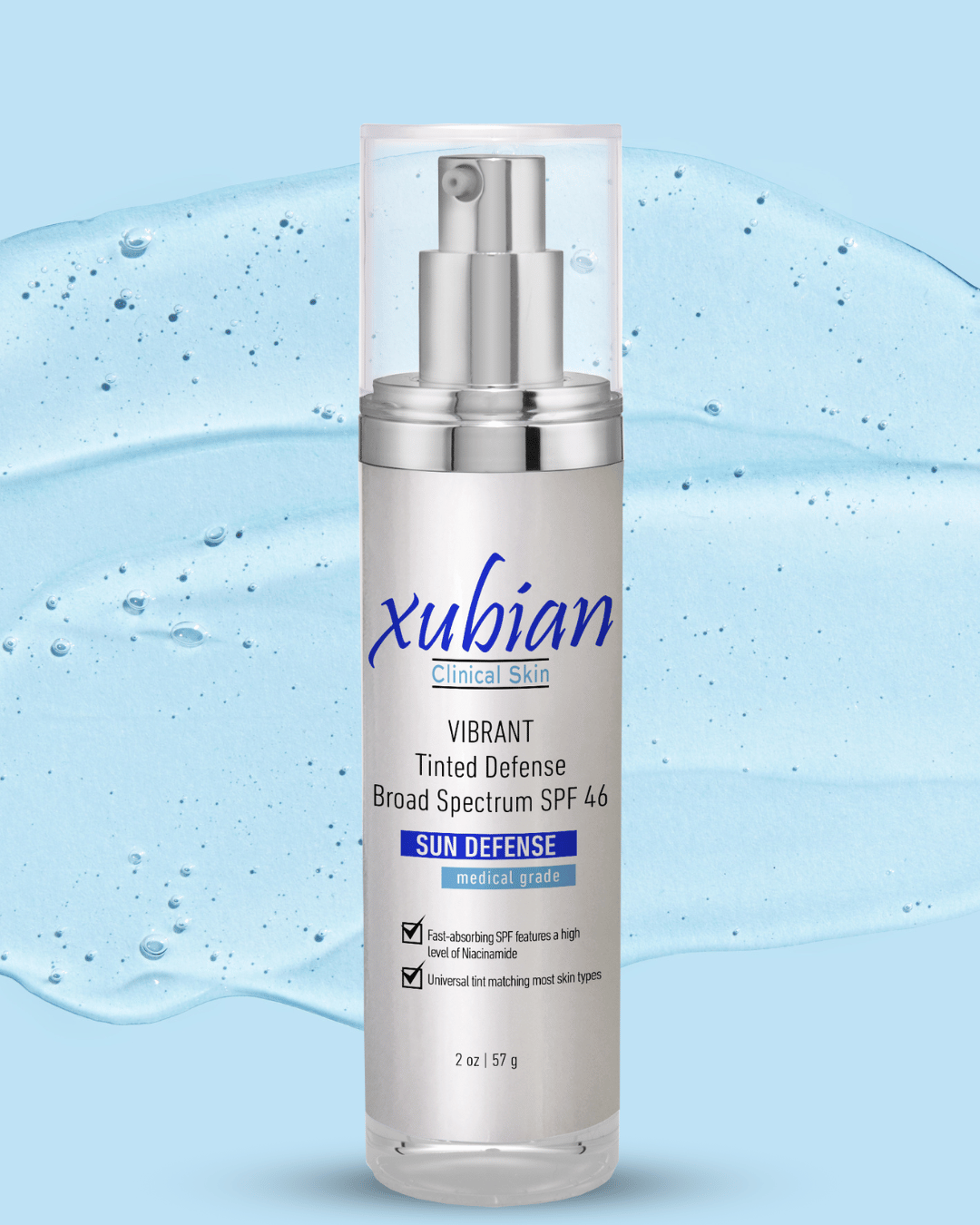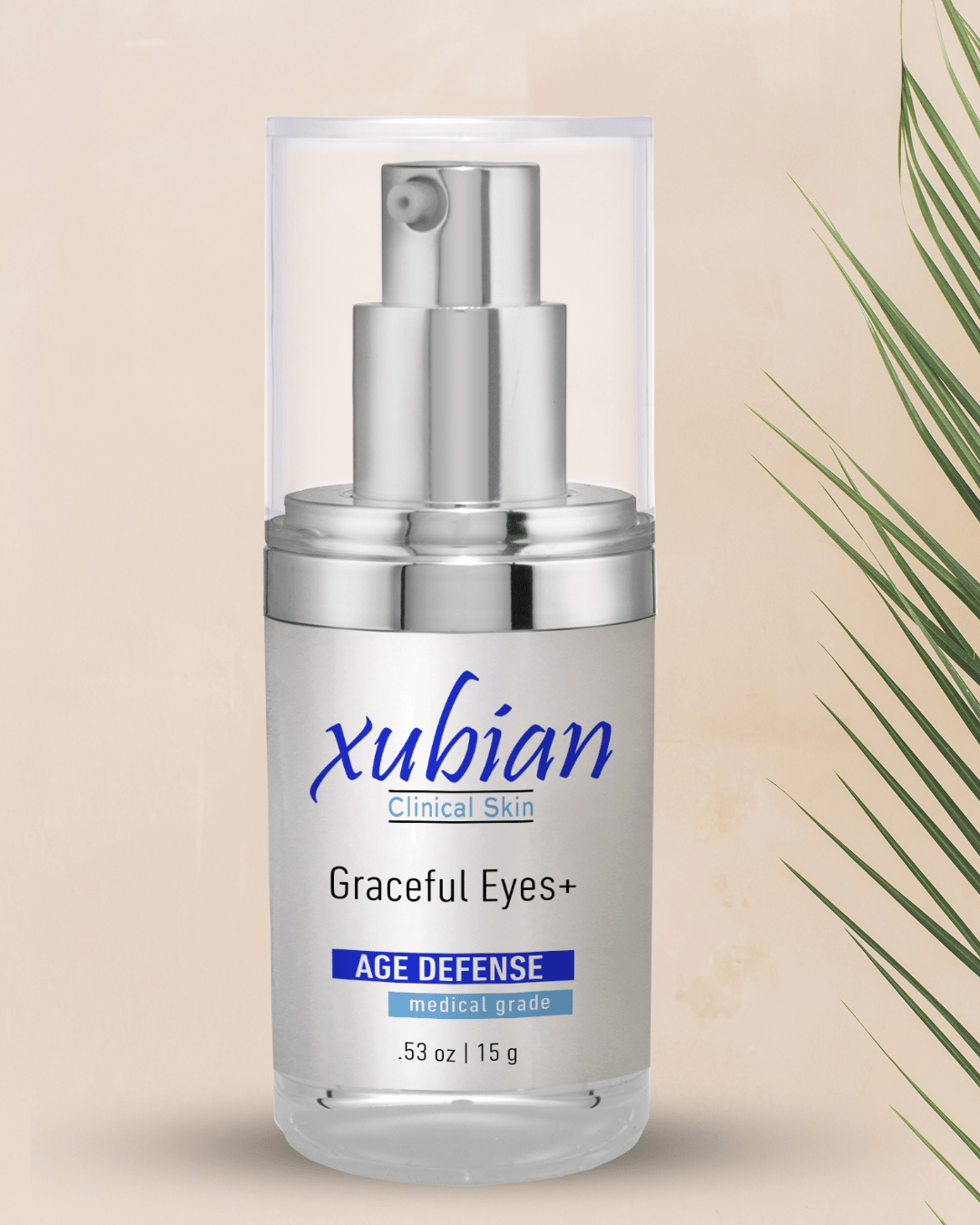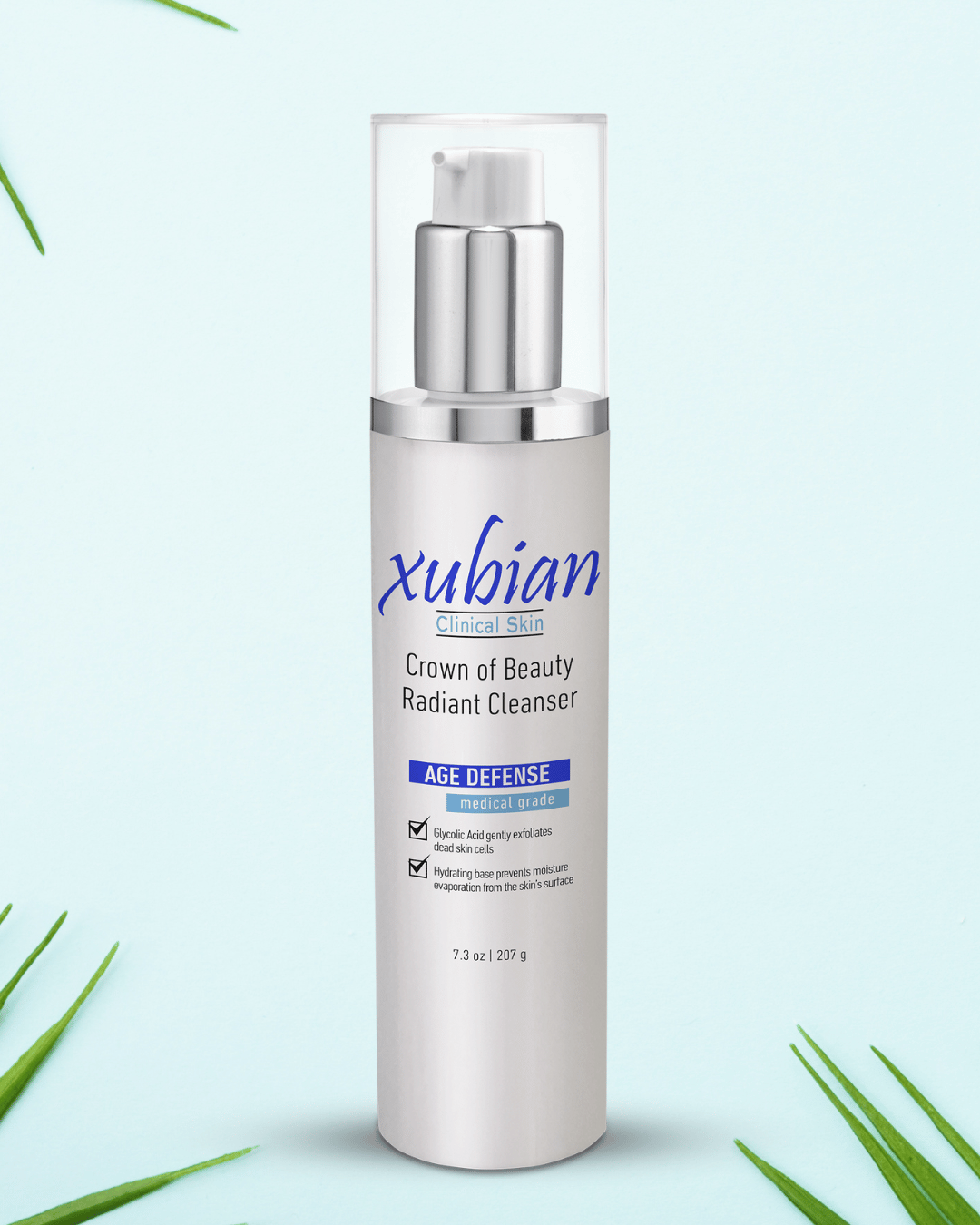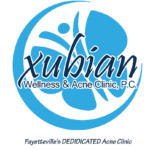The new year is the perfect time to evaluate, refresh your skincare routine and learn how to restore your skin microbiome. Your new year skincare resolutions might include plans for finding a new cleanser that does it all or really committing to moisturizing every night. One often overlooked aspect of skincare is the skin microbiome. This year, take your skincare to the next level by first resolving to restore your skin microbiome.
If you’re asking “what is a microbiome?” We’ll look into that in this post. But know this: Your skin microbiome plays a major role in your skin health. So enter the new year with knowledge about how to use your skin’s natural defenses as a shield to protect your skin. These New Year skincare tips will help restore and maintain a balanced skin microbiome.
DISCLAIMER
The information provided in this blog post is for educational purposes only and should not replace professional medical advice. Consult with a healthcare provider or dermatologist for personalized skincare recommendations. Please Read Our Disclaimer for more!
What is the Skin Microbiome?
The skin microbiome refers to the diverse community of microorganisms that naturally inhabit your skin. It is the delicate ecosystem of bacteria, fungi, and viruses that live on your skin. Just like the gut microbiome, it plays an essential role in protecting your skin against harmful pathogens, maintaining the skin’s barrier function, and regulating inflammation.
When your skin microbiome is balanced, your skin appears smooth, hydrated, and resilient. However, when it’s disrupted by harsh products, environmental stressors, or poor lifestyle habits, it can lead to skin issues like acne, eczema, and premature ageing.
The balance of your skin microbiome plays a crucial role in your skin’s health, affecting everything from hydration to immune defense.
Why Restoring Your Skin Microbiome is Important
Your skin microbiome is responsible for:
- Protecting against harmful bacteria and pathogens: A balanced microbiome prevents the growth of harmful bacteria that could cause infections or irritation.
- Maintaining skin hydration: Good bacteria help keep your skin’s moisture levels balanced.
- Supporting the skin’s natural barrier: A healthy microbiome helps to reinforce the skin’s natural defenses, making it more resilient to external stressors like pollution and UV rays.
- Your skin microbiome is the first line of defense against harmful bacteria, environmental aggressors, and skin conditions.
- It helps regulate oil production, keeps your skin hydrated.
- It helps reduce the risk of inflammatory conditions.
How to Know When Your Skin Microbiome is Out of Balance
Your skin microbiome plays a critical role in the overall health and appearance of your skin. When it’s balanced, your skin looks healthy, resilient, and radiant. But how can you tell if your skin microbiome is in balance? Learn the signs that indicates a balanced microbiome, as well as symptoms that may point to an imbalance.
When your skin microbiome is disrupted, it can lead to various skin conditions.
- An unbalanced skin microbiome can lead to several issues, such as:
- Acne and frequent breakouts.
- Eczema, psoriasis, or rosacea.
- Dry, flaky skin or excessive oiliness.
- Persistent redness or irritation.
New Year Skin Tips: How To Restore Your Skin Microbiome
If you notice any of the signs of skin microbiome imbalance, it’s time to take action. You can restore balance by adjusting your skincare routine, improving your diet, and incorporating healthy habits.
New year, new skincare routine. Beauty trends may come and go, but a healthy and glowing skin is always in trend. And for that, you need to balanced your skin microbiome. Let’s look at some skincare tips for how to restore your skin microbiome balance.
1. Cleanse Gently with the Right Products
One of the most important aspects of restoring your skin microbiome is using a gentle cleanser. Harsh soaps or cleansers with high alcohol content can strip away the natural oils on your skin, disrupting the microbiome balance. Choose a mild, non-stripping cleanser with ingredients like glycerin, aloe vera, or ceramides to support hydration and maintain a healthy microbiome.
In Fayetteville, where the climate can vary from hot summers to chilly winters, adjusting your cleanser to the season can help maintain balance. During winter, opt for a cream-based or hydrating cleanser, as colder weather can dry out your skin and affect its barrier function.
2. Spend Time in Nature
Getting outdoors isn’t just good for your mood—it’s beneficial for your skin microbiome, too. When you spend time in natural environments, you expose your skin to diverse microorganisms that can enhance its microbial diversity. Whether it’s walking through a Fayetteville park or hiking at Cape Fear River Trail, make outdoor activities a regular part of your routine.
How it helps:
- Improves microbial diversity.
- Reduces inflammation due to the soothing effects of fresh air.
3. Work Up a Sweat a Few Times a Week
Exercise boosts circulation and encourages the release of sweat, which can carry out toxins and refresh your skin. Physical activity also promotes stress relief (more on that below), which supports a balanced microbiome.
Tips for staying active in Fayetteville:
- Try yoga or pilates classes at local studios.
- Explore fitness options at Fayetteville gyms or group workout programs.
How it helps:
- Improves blood flow, delivering nutrients to your skin.
- Promotes the growth of beneficial bacteria on your skin.
4. Avoid Over-Exfoliating
Exfoliation is essential for removing dead skin cells and promoting skin renewal, but over-exfoliating can harm your skin microbiome. Scrubbing your face too often with abrasive scrubs or strong chemical exfoliants can damage the skin’s natural barrier, leading to dryness and irritation.
Instead, try using a gentle exfoliant once or twice a week. Opt for mild exfoliants with ingredients like lactic acid or fruit enzymes, which can effectively slough off dead skin without being too harsh.
For those living in Fayetteville, where the air may be drier in the winter months, cutting back on exfoliation during this time can help prevent the skin from becoming over-dry and irritated.
5. Incorporate Probiotics into Your Skincare Routine
Probiotics are often associated with gut health, but they can also benefit your skin. Probiotics help restore balance to your skin microbiome by encouraging the growth of beneficial bacteria. Look for skincare products that contain probiotics or prebiotics (ingredients that feed good bacteria).
Probiotic-rich serums, moisturizers, or masks can help to nourish the skin, promote hydration, and fight signs of aging. These products can support your skin’s natural defenses, helping to keep harmful bacteria at bay.
6. Focus on a Balanced Diet
Your skin’s microbiome is not only influenced by the products you use but also by what you put in your body. Eating a diet rich in fiber, antioxidants, and healthy fats can help support the growth of beneficial bacteria in the skin.
Consider adding more probiotic-rich foods like yogurt, kefir, and kimchi to your diet. These foods can benefit your gut microbiome, which is also connected to your skin health. Omega-3 fatty acids found in fish like salmon or flaxseed can help reduce inflammation and promote healthy, hydrated skin.
7. Take Care of Your Gut
Your gut and skin are connected through the gut-skin axis. A healthy gut microbiome contributes to a healthy skin microbiome, so it’s essential to nourish your gut with probiotic-rich foods like yogurt, kefir, sauerkraut, and kimchi. Adding prebiotic foods such as bananas, garlic, and oats can also help feed good bacteria.
How it helps:
- Reduces inflammation and supports overall skin health.
- Helps control conditions like acne, eczema, and rosacea.
8. Minimize Stress
Stress is one of the biggest disruptors of your skin microbiome. Chronic stress can lead to increased inflammation, which negatively impacts your skin’s health. Make 2025 the year you prioritize self-care and stress-reducing activities.
Tips to manage stress in Fayetteville:
- Visit the Cape Fear Botanical Garden for peaceful surroundings.
- Incorporate mindfulness or meditation into your daily routine.
- Schedule regular spa treatments or facials to relax while caring for your skin.
How it helps:
- Reduces cortisol levels, which can trigger skin inflammation.
- Promotes healing and a balanced microbiome.
9. Avoid Over-Sanitizing
While keeping your hands clean is crucial, overusing sanitizers and harsh soaps can strip your skin of its natural oils and beneficial bacteria. Instead, use mild cleansers and moisturizers to maintain a healthy balance.
How it helps:
- Prevents the skin barrier from becoming too dry or irritated.
- Reduces the risk of microbial imbalance caused by over-cleansing.
10. Visit a Local Skincare Professional for Personalized Advice
If you’re unsure about how to restore your skin microbiome or want expert advice tailored to your skin’s specific needs, consider visiting our clinic- Xubian Acne & Skincare Clinic, a skincare professional in Fayetteville, North Carolina. An esthetician or dermatologist can help create a customized skincare plan that supports your skin’s microbiome and overall health.
Wrapping Up: New Year, New Skin
Start the new year with a fresh, balanced approach to skincare, and your skin will thank you for it! Restoring your skin microbiome doesn’t have to be complicated. By making small, consistent changes and embracing healthier habits, you’ll be on your way to radiant, resilient skin in no time. When you notice signs of imbalance, don’t hesitate to consult with a local esthetician or skincare professional for personalized guidance on restoring your skin microbiome to its optimal state.
If you’re in Fayetteville, consider booking a consultation with Xubian Acne Clinic, a local esthetician to create a personalized plan tailored to your skin’s unique needs.
Share this on Pinterest!


